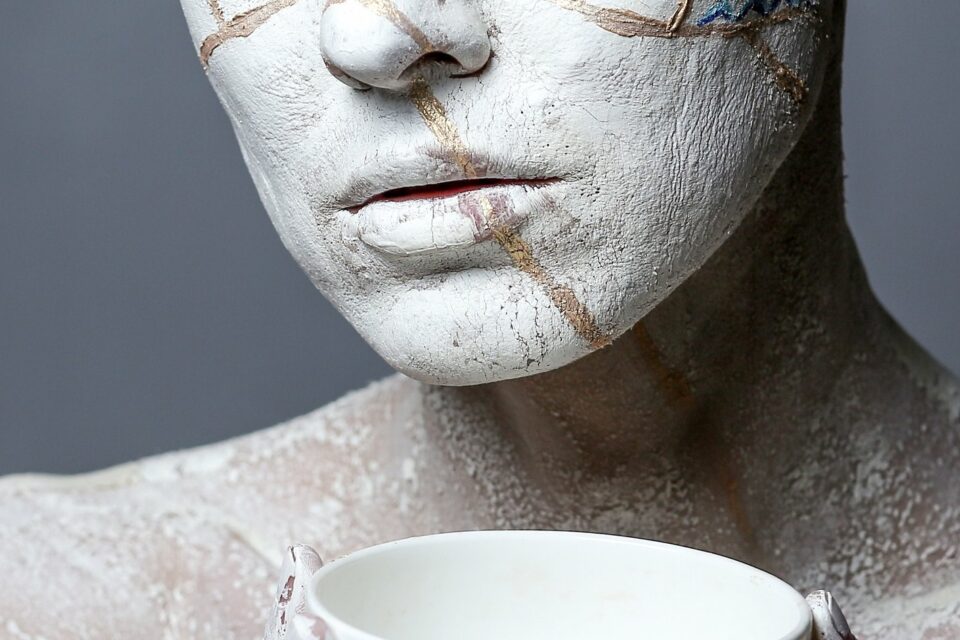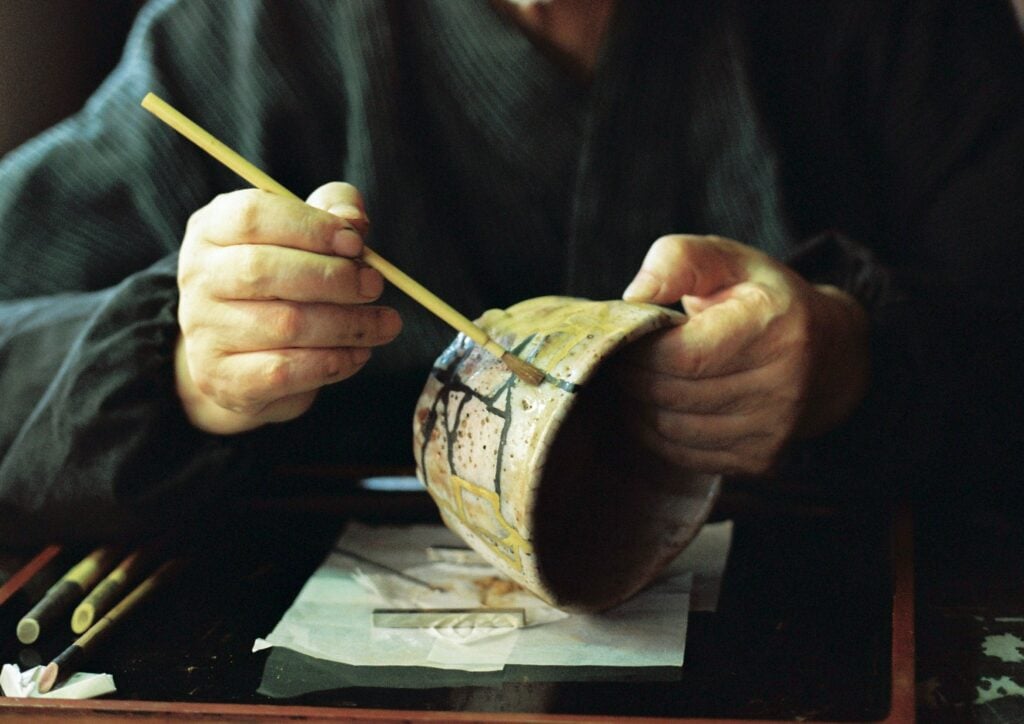Wabi-sabi: the imperfection can be perfect

Valuing beauty in imperfect things: the concept of Wabi-sabi goes back to 15th century Japan and finds its basis in the ideals of Zen Buddhism, which has among its precepts the acceptance of impermanence. The essence of Wabi-sabi is present in several Japanese arts, such as Ikebana, the Zen garden, bonsai, ceramics and tea ceremony.
Wabi-sabi philosophy invites everyone to celebrate life as it is, to appreciate moments as they are. It’s about to focus on the present moment, disregarding mental projections made in the past or for the future. Learn how to engulf Wabi-sabi in your daily life and start to see and feel the world with another eyes and spirit.
Wabi-sabi is just not about imperfection, it’s about adopting the concept
Imperfection is not just something we must tolerate, it’s an inherent part of life, which we must learn not only to accept but to celebrate. The Wabi-sabi’s point of view encourages us to spoil failures as a beautiful part of the whole, a natural part of life, and even to highlight them as potential strengths, rather than seeing them as weaknesses.
For example, in Japan, when a ceramic piece breaks, there is a wonderful process called Kintsugi whereby the breaks are repaired with golden colored glue. Instead of trying to hide the imperfection, the repair process makes it more obvious, with a golden “scar” that runs through the piece.
In the same way, Wabi-sabi teaches us to reconsider things that we could generally consider imperfections and want to hide and, instead, encourages us to adopt them and see them as what gives originality to an object, an experience or ourselves. Things like an old table with wine-stained wood, wrinkles around your lips or a handmade sweater with irregular stitches.

Wabi-sabi in relationships
Everything is constantly changing, from plants to people, it’s a permanent process of life.
Avoid creating expectations and assumptions about people around you, accepting that everyone has virtues and defects is the basis for a healthy relationship.
To better illustrate the issue, it’s like a rose, loving it for its beauty is easy, however, few accept its thorns. Enjoy the moment with people for who they really are and not for what you idealize.
Wabi-sabi inside your home
Wabi-sabi is an artistic expression that celebrates beauty in rustic and imperfect things, a good example is Ikebana and handmade ceramics.
Instead of ready-made decorations, try to choose handmade things, made by you, friends, family or local artisans.
Every craft process is unique and contains its own history, meaning and energy. Appreciating something just for its physical appearance is like a passion, an ephemeral phenomenon, it contemplates only the exterior and disregards its interior and history.
There is no need to use expensive materials to make your own crafts. When it comes to colors, use tones that harmonize the environment, such as green, brown and rustic colors.
Wabi-sabi at workplace
In the professional world, it’s quite common for everyone to be immersed in their activities, this tends to the isolation and cold relations of people, each within their own cubicle.
A valuable tip for improving professional relationships and well-being in the workplace is to view the picture as a whole, how each person’s process contributes to the result of what the company offers.
If you are able to understand the transient processes, it will help to remove unnecessary frustrations and irritations from your day-to-day life, to value more people and the work they do.

